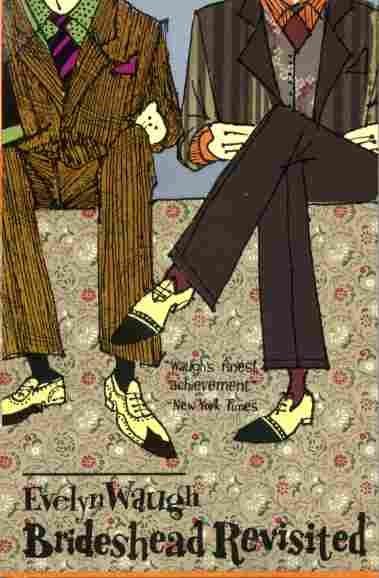Coincidental with the read was an article in World Catholic Report by Russell Shaw on why Brideshead
Revisited has had such an enduring popularity. It's titled "Revisiting
Brideshead Revisited." Here is his
key point:
Two things in particular seem to me to account for the book’s
lasting appeal.
One is its nostalgia for happier times, especially strong in
the story’s first section, which paints an idealized picture of undergraduate
life at Oxford in the early ‘20s. Several of the themes and characters
introduced here take on darker hues as the story progresses, but the early
days, as Waugh depicts them, are cloudless and golden. Although precious few
people attended Oxford in the 1920s or any other time, Waugh’s idyllic version
offers readers who ever went to any school any place a vicarious experience of
carefree youth as they’d have liked it to be.
The second source of the book’s enduring popularity is, I
think, its triumphalistic treatment of Catholicism. Waugh, a convert, makes
being Catholic sound not just interesting but fashionable, delivering the
message that the cleverest, most attractive, and ultimately most serious people
are Catholics. It’s all summed up in the book’s great deathbed scene in which
even the agnostic Charles Ryder, the story’s narrator, falls to his knees to
pray for a sign of final repentance by the imperious, adulterous lapsed
Catholic Lord Marchmain.
It’s an article well worth reading. And the novel is definitely well worth
reading. Pick it up now and read along
with my posts that will be popping up in a week or two.
Let me leave you with a trailer from the
wonderful BBC 1981 production of the novel for television, starring Jeremy
Irons and Anthony Andrews. It might be the best series adaptation
for TV ever.


No comments:
Post a Comment